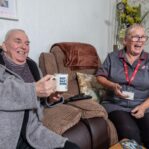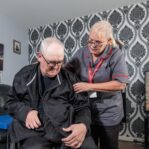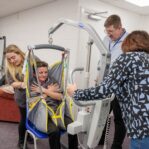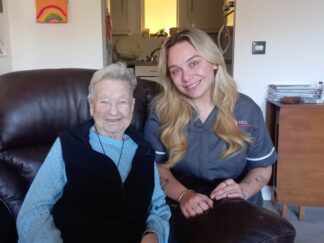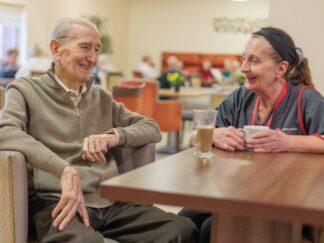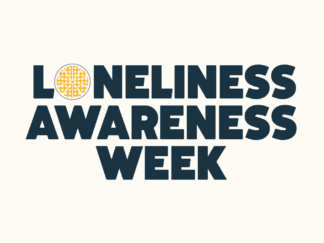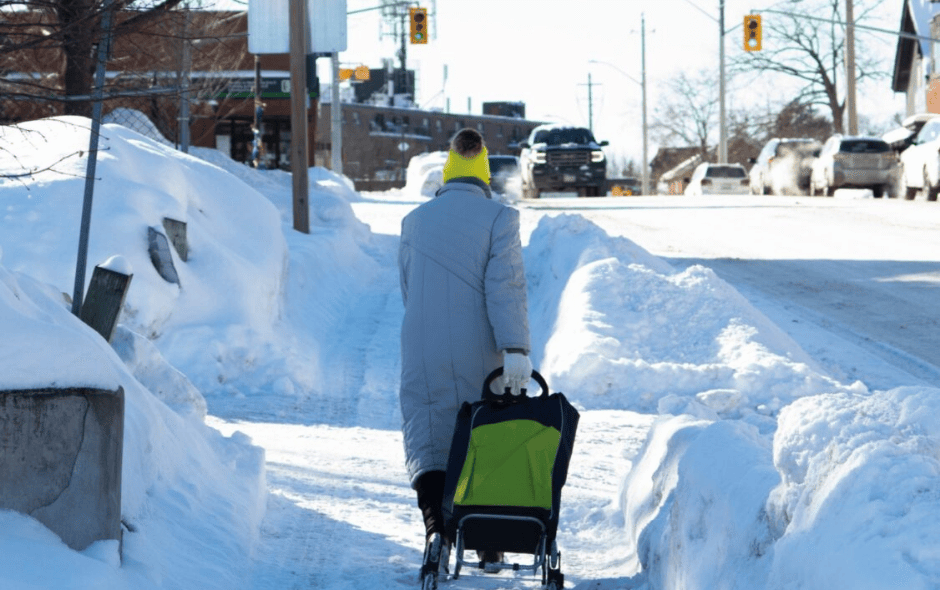
Winter Care for your Elderly Relative
The cold weather can affect us all, but it is especially important to remember our elderly relatives, especially those 65 and older. The elderly have weakened immune systems, making them more vulnerable to viruses like the flu or COVID-19. Viruses can also survive outside the body for longer periods of time in colder temperatures, making winter a prime time for many viruses to thrive.
Furthermore, being cold can increase blood pressure, increasing the risk of heart attacks and strokes. Those over the age of 65 who have pre-existing medical conditions affecting the heart, lungs, or immune system are more likely to be at risk. Dementia patients may be more vulnerable because they are unaware of the precautions that must be taken.
Hypothermia in the winter
Hypothermia occurs when the body temperature falls below 35°C. Hypothermia is a medical emergency caused by your body losing heat faster than it can produce heat, resulting in a dangerously low body temperature.
It is also critical to ensure that all radiators in the home are functioning properly; the ideal room temperature for the elderly is at least 18°C (65°F). Having plenty of blankets and warm clothes on hand, as well as slippers and a warm dressing gown, can be both comfortable and protective against the cold.
Shivering is likely the first thing you’ll notice as the temperature starts to drop because it’s your body’s automatic defence against cold temperature.
Signs and symptoms of hypothermia include:
- Shivering
- Slurred speech or mumbling
- Slow, shallow breathing
- Weak pulse
- Clumsiness or lack of coordination
- Drowsiness or very low energy
- Confusion or memory loss
- Loss of consciousness
Call 999 if you suspect someone has hypothermia.
While you wait for help to arrive, gently move the person inside if possible. Carefully remove his or her wet clothing, replacing it with warm, dry coats or blankets. If they are awake, a warm, non-alcoholic drink and sugary food such as chocolate may also help.
Staying safe when out and about
Here’s some tips for keeping warm when out about:
- Wear gloves to keep your hands warm
- A hat can help to reduce the amount of heat lost from the body
- Wear thick socks and waterproof shoes
- Take transport where possible to reduce the likelihood of being out in the cold for an extended period of time
- Keep an umbrella on hand in case it rains
Take extra care if the ground is icy
When the ground is icy, a lot of the older generation feel too unsafe to leave their homes. Wear shoes with good grip and consider keeping salt and sand mixture handy to grit paths. You could ask neighbours for help to clear paths or driveways in bad weather – most people are more than happy to help.
Being not so steady on their feet carries an increased risk of falling and falling can easily lead to breaking bones or other injuries. Remember…
Walk like a penguin! When walking on ice, keep your toes facing forwards, knees loose, hands out of your pockets and take short, slow steps.
How can a carer help?
Home-care is a great solution to help your loved one feel supported within the comfort of their own home. A carer can not only assist with household chores, but they can help your loved one with taking medication, cooking healthy nutritious meals and staying hydrated with plenty of fluids.
Further information
If you’d like to find out more about our home-care services, email info@home-carers.co.uk or call us on 0151 737 2820 for our Liverpool branch, or 01244 313 576 for our Cheshire branch.
Our partners










